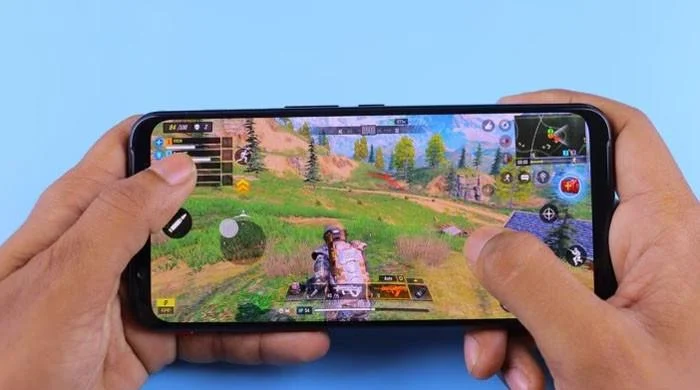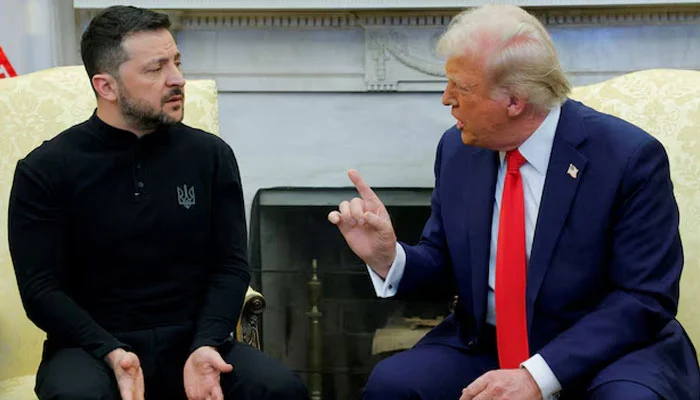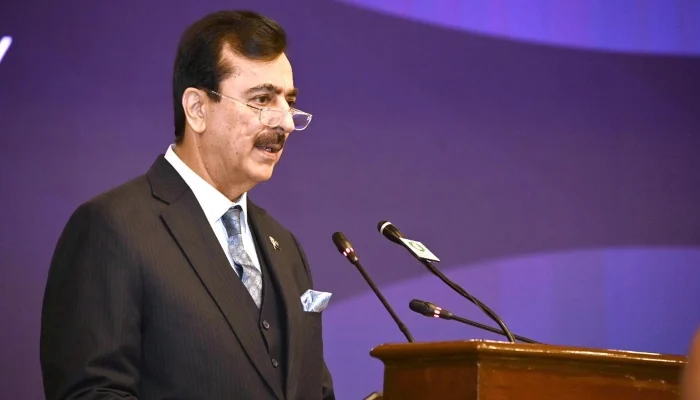Israel is taking aid of media propaganda in order to continue waging its war on Palestinians, as graphic pro-Israel advertisements make their way into children’s video games.
As Maria Julia Cassis’s 6-year-old son entered the dining room with a pale face, she was enjoying lunch in her north London terraced house.
His Android phone’s puzzle game had been cut off by a blurry, horrific film featuring distressed Israeli families and Hamas gunmen. The Israeli Ministry of Foreign Affairs sent the first-grader a message over a black screen that said, “WE WILL MAKE SURE THAT THOSE WHO HARM US PAY A HEAVY PRICE.”
Brazilian barista Cassis, 28, claimed that the advertisement made her son uneasy and that she immediately removed the game.
“He was shocked,” she said in a telephone interview last week. “He literally said, ‘What is this bloody ad doing in my game?'”
Though Saranga’s family is not alone, Reuters has been unable to determine how the advertisement related to her son’s video game. The news organisation has traced at least five such instances in Europe where players, including many kids, were exposed to the same pro-Israel film that included missile assaults, a blazing explosion, and masked attackers.
The advertisements appeared within the well-known “Angry Birds” game developed by SEGA-owned Rovio in at least one instance.
In a statement, Rovio stated that “somehow these ads with disturbing content have in error made it through to our game” and that they were currently being manually blocked. Speaking for the company, spokesperson Lotta Backlund withheld information on which of its “dozen or so ad partners” had provided the advertisement.
Head of Digital at the Israeli Ministry of Foreign Affairs David Saranga acknowledged that the video was a government-sponsored commercial but said he had “no idea” how it got into the different games.
He said the video was a part of a bigger advocacy campaign by the Israeli Foreign Ministry, which since Hamas’s attack on civilians in southern Israel on October 7th sparked the Gaza War, had spent $1.5 million on online advertisements. According to him, sponsors had received explicit instructions from regulators “to block it for people under 18”.
Saranga defended the advertising campaign’s graphic content.
“We want the world to understand that what happened here in Israel,” he said. “It’s a massacre.”
To find out who placed the advertisement in the games, Reuters contacted 43 advertising companies that Rovio identified as “third-party data partners” on its website.
Twelve of those partners, including Amazon, Index Exchange, and Pinterest, replied that they had nothing to do with the advertisement that was showing up on Angry Birds.
According to Saranga, the ministry has made payments to advertising firms including Taboola, Outbrain, Google, and X, formerly Twitter. According to Taboola and Outbrain, they were unrelated to the game advertisements.
Aside from a few Arabic-language videos pushed by Palestine TV, a news organisation connected to the Palestinian Authority and operated in the West Bank, Reuters could find no indication of a comparable Palestinian digital advertising campaign.
In a statement, a spokesman for the foreign ministry of the Palestinian Authority said that the ministry was trying to change public perception by presenting images of the suffering that the Gaza Strip saw as a result of the Israeli bombardment that followed the attack on October 7. However, the spokesperson did not specify whether advertising was being used as a tactic.
For the foreign ministry, Google ran over ninety advertisements; however, the company will not remark on the locations of those adverts. X, formerly Twitter did not reply to messages seeking comment.
When Reuters asked Hamas representatives about their media tactics, they did not reply. Hamas is the movement that controls Gaza.
Six incidents were reported by Reuters, involving individuals in Britain, France, Austria, Germany, and Holland who claimed to have seen the same or comparable advertisements to those seen by Cassis’s son. The advertisements in the Cassis family’s case might be found in a game developed by LazyDog Game named “Alice’s Mergeland”. Family-friendly digital games including “Stack,” “Balls’n Ropes,” “Solitaire: Card Game 2023,” and “Subway Surfers,” which is a run-and-jump adventure, featured additional advertisements.
The 24-year-old intern from Munich named Alexandra Marginean said she was taken aback when the pro-Israel video appeared during her patience session.
“I had a very aggressive reaction to it,” Marginean said.
Comments were not answered by LazyDog Game. The developers of Stack (owned by Ubisoft), Solitaire (developed by nerByte in Austria), Balls’n Ropes (developed by Rollic in Turkey), and Subway Surfers (developed by SYBO Games in Denmark) did not respond to mails requesting comments on the advertisements.
Questions were forwarded back to the game developers by Apple and Google, both of Alphabet, which oversee the programmes on their proprietary software systems for iPhones and Android phones, respectively.
While advertising laws differ from nation to nation, Cassis and her son reside in Britain, where the Advertising Standards Authority is in charge of overseeing advertising campaigns. The authority stated that, although it was not looking into any Israeli government advertisements at the moment, promotions including graphic content should generally be “carefully targeted away from under-18s.”




